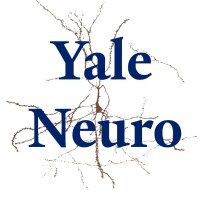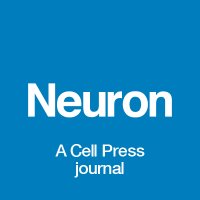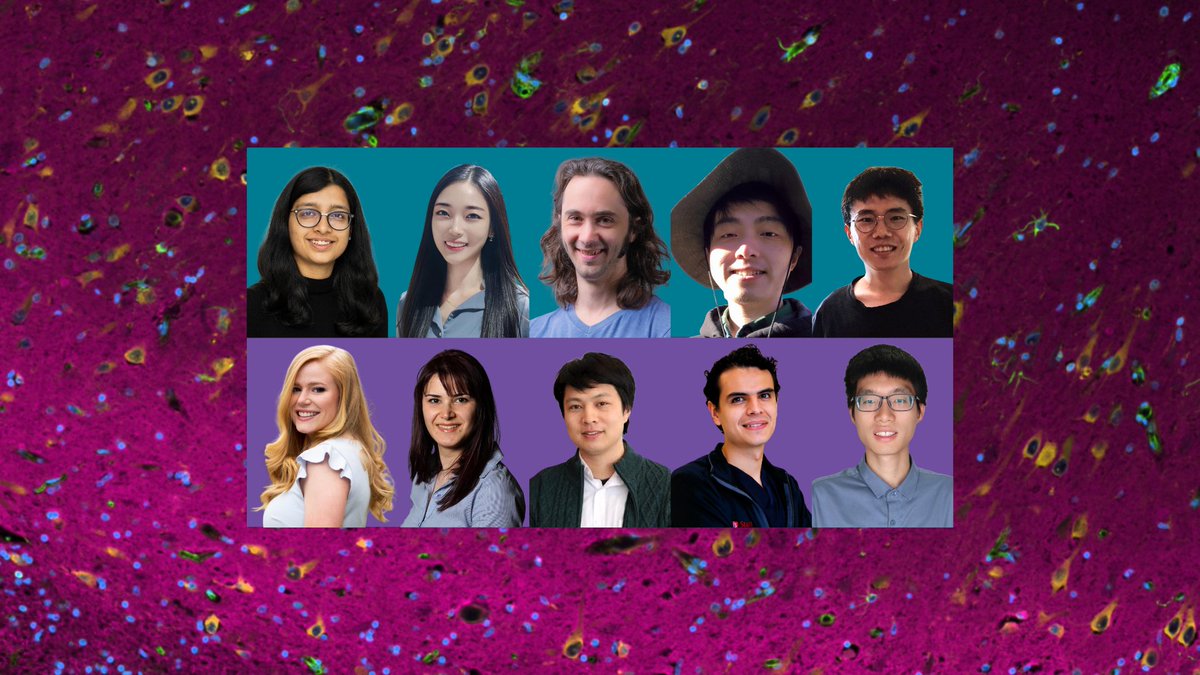
Annie M Goettemoeller
@amgoettem
⚡️Postdoc @ Soltesz Lab.
ID: 1189520597925224451
30-10-2019 12:33:22
196 Tweet
287 Followers
245 Following

Excited to share our latest work from Soltesz Lab Vivek P. Buch, MD co-led with Quynh-Anh Nguyen, now online Nature Medicine. We identify the fasciola cinereum as a novel seizure focus and interventional target in mice and patients. Stanford Neurosurgery. (1/7) nature.com/articles/s4159…



Congrats Annie M Goettemoeller for winning the Emory neuro-PhD Scientific Achievement Award for 2024!



Interested in cortical Ndnf interneurons, interneuron connectivity, cortical layer 1 or persistent firing? Now finally out in Cell Reports Thanks a lot again to everyone who contributed: Rogier Poorthuis Anna Schroeder Rodrigo Alejandro & my really supportive supervisor Johannes Letzkus!

Check out this new paper by Annie M Goettemoeller from the lab of RowLab and collaborators from Srikant Rangaraju ! Yet another result of a long standing, excitable and productive collaboration….with lots more to come! Congrats to all involved ! nature.com/articles/s4146…


Interested in attending the Gordon Research Conferences on Inhibition in the CNS in July 2025, consider applying for this amazing Alba ACNP travel grant! Also, the program for the conference is online, thanks to Attila Losonczy & Natalia De Marco Garcia!! grc.org/inhibition-in-…



Meet Annie Goettemoeller (Annie M Goettemoeller), a 2025 Brain Resilience Postdoctoral Scholar! In the Soltesz Lab (Soltesz Lab), she investigates how early circuit dysfunction in the entorhinal cortex contributes to Alzheimer’s disease and explores potential recovery strategies.


Prof Liqun Luo from Stanford University will give the Gordon M. Shepherd Lecture 🗣️ on his groundbreaking work: "Wiring Specificity of Neural Circuits!" 🧠 You won’t want to miss this—mark your calendars for April 3! 🗓️ We hope to see you there! See flyer for more 👇


How does Alzheimer’s begin in the brain? Brain Resilience postdoc Annie Goettemoeller (Annie M Goettemoeller) studies how early circuit dysfunction in the entorhinal cortex impacts memory and whether restoring these connections could slow disease progression. brainresilience.stanford.edu/our-science/fu…







